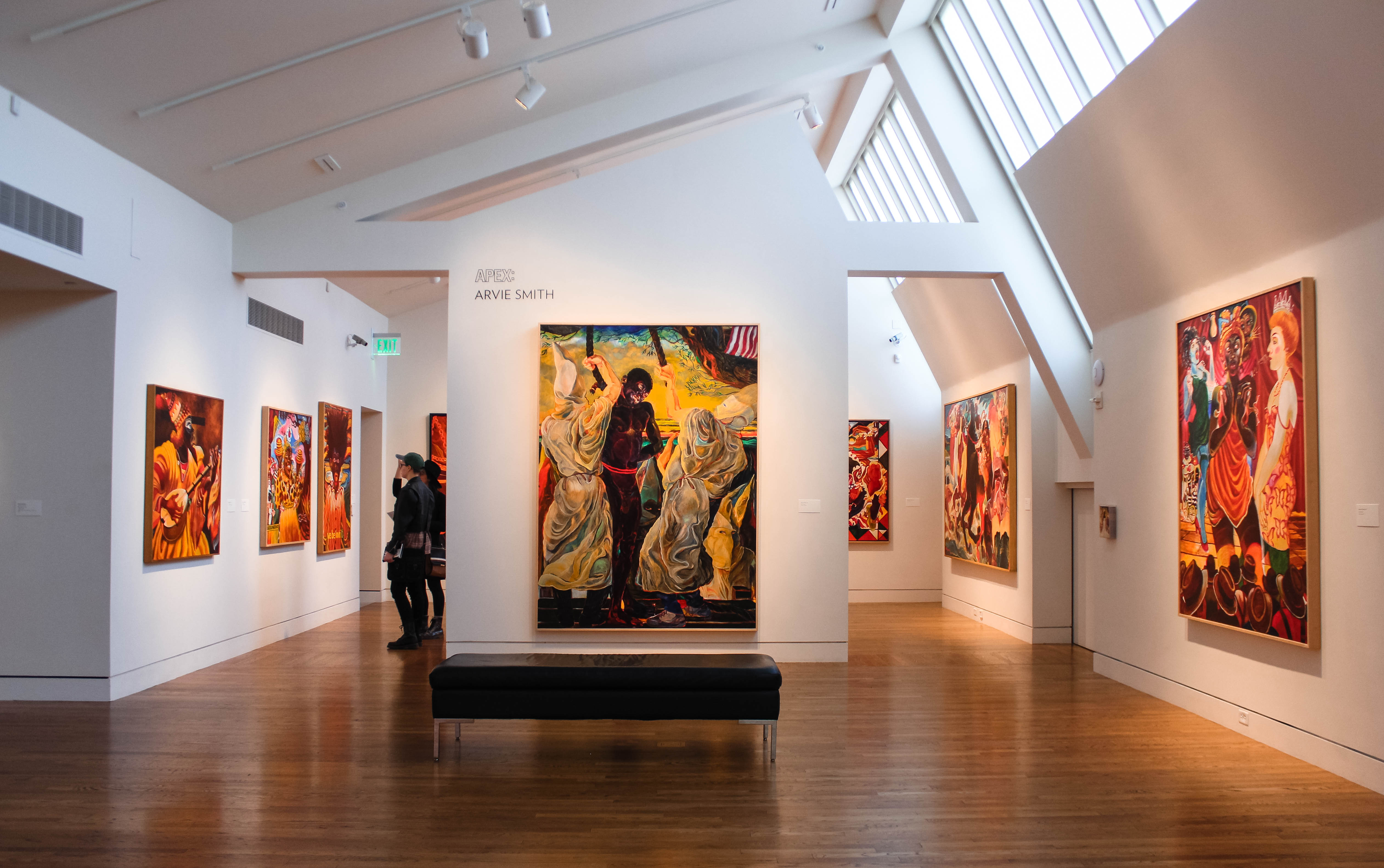The tragedy of the brilliant artist who died too young is an archetype that resonates profoundly in our culture. Be it Amy Winehouse, Kurt Cobain, Jimi Hendrix, or one of the countless others, something about this narrative sticks with us. Whether it’s the mourning of lost potential or the inevitable grief that comes with death, these figures (perhaps for the wrong reasons) often become deified—cemented into cultural godhood. On August 2nd and 3rd at St. Johns’s bar and music venue The Fixin’ To, several local acts and musicians, including myself, came together to celebrate what would have been the 50th birthday of such an icon— Portland’s own Elliott Smith.
Steven “Elliott” Smith was born in Omaha, Nebraska in 1969, though he spent much of his childhood growing up in Texas with his mother after his parents divorced. When he was 14 years old, he moved to Portland, Oregon with his father, where he would start experimenting with recording, playing with a handful of bands in high school. Smith attended college in Massachusetts, where he met Neil Gust. After college, they returned to Portland and co-founded the fabled indie rock outfit Heatmiser. Together, the band would release 3 albums and 1 EP before splitting up, marking the beginning of Smith’s more famous solo career.
Elliott made music that is deeply contemplative and personal in a way that few artists succeed in doing. His is the type of music that somehow manages to find a person when one most needs to hear it. He sings as if he’s singing about your life’s specific contents at the moment you first hear him. In this way, it is the type of music that binds itself to these moments, becoming synonymous with that very period in your life. For many Elliott Smith fans, this means teenagerdom. Elliott would sing with a sort of existential angst that is inevitable in adolescence; a yearning to find one’s place in the world that the best of us have felt at some point in our lives.
I did not find Elliott Smith’s music during the height of my adolescence, instead only discovering him near its conclusion. I was 18 when I first stumbled upon his music, and it was my first year living in Portland after leaving home. Feelings of anxiety, isolation, and awe—all feelings that come naturally with moving from your hometown to a big city—are captured perfectly in his music. The fact that much of the time he was singing about the very city I was just getting to know was just the icing on the cake. Even just mentioning Portland locations, such as in the song “Alameda;” or in “Punch and Judy,” when he sings about “Driving up and down Division Street” helped contextualize these songs, giving them a depth and real-world authenticity. No longer were they just songs about relatable human problems, but ones set in a real and tangible backdrop that I was becoming familiar with.
Much of his earlier music from Heatmiser starkly contrasts his better-known solo releases. While the band’s last album, Mic City Sons bears more heavy similarities to Smith’s solo material, the same cannot be said for the rest of their catalogue. Here, the delicate and whispery tone Smith is known for is replaced with something far more raw and distorted, very much riding the coattails of the recent grunge movement. Heatmiser songs lend themselves to being covered in this sort of way. Their music expressed the same grungy, rambunctious punk rock energy as bands such as Lungfish or Fugazi, or even early Modest Mouse, but combine this with the sensitive and gloomy musings that Smith is so known for. When the offer came to me to actually join a band covering their music, it was no choice at all.
Elliott Smith died in 2003 at the age of 34. While his death was officially reported to be a suicide, the official autopsy leaves open the possibility of homicide, due to questionable and inconclusive evidence. Naturally, this has bred a healthy dose of theorizing and speculation in regards to the true nature of his death. However, his legacy should not be characterized by how he may have died, but by who he was when he was alive. Smith has been gone for 16 years, but his music is still as powerful and relatable as ever—a feat only accomplished by history’s greatest artists.
In that way, the shows at The Fixin’ To were a testament to the lasting power of his music, as exhibited by the size and vigor of the crowds present. Brian Everard, a musician featured in such local bands as Stanford Prism Experiment and Pageant, was largely responsible for the whole event taking place, alongside spearheading and playing in the Heatmiser cover band. Everard reflected on the significance of this experience, saying, “What I truly love about Elliott Smith fans is that they speak about his work as an event or an experience. Almost how when you’re talking to someone and they say ‘I was doing this’ or ‘I was here when this event happened.’”
Many concerts can be epitomized as being a celebration of the people on stage. There is a sort of “look what I can do” self-indulgence that often comes with the territory. This was not the case at The Fixin’ To on August 2nd and 3rd. Standing up there on stage, playing these beloved covers, the thought that most immediately hit me was that, in the most beautiful way possible, I didn’t matter. I could have been in the audience, and any audience member could have been up there instead of me and the experience would have been similarly powerful in just the same way. Everyone, musician and audience member alike, was there for the same reason: to celebrate an artist that has deeply affected all of us, at a would-be significant landmark in Elliott Smith’s life that he never got to experience. A way of telling ourselves, Portland, the world, perhaps even Elliott himself, wherever he might be, that, despite his absence, he is far from being forgotten.
Illustration by Josh Gates
Photographs by Mckinzie Smith





